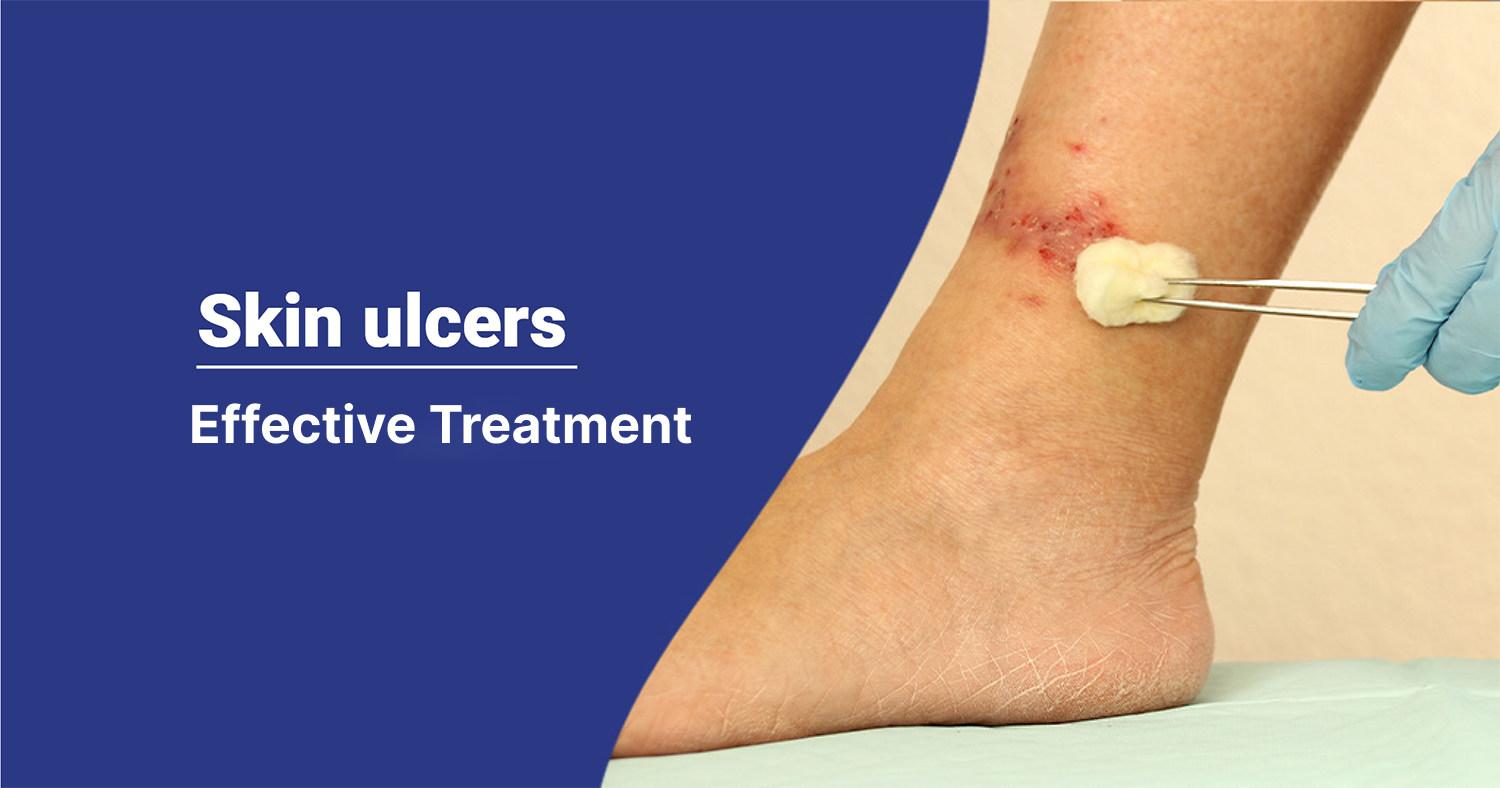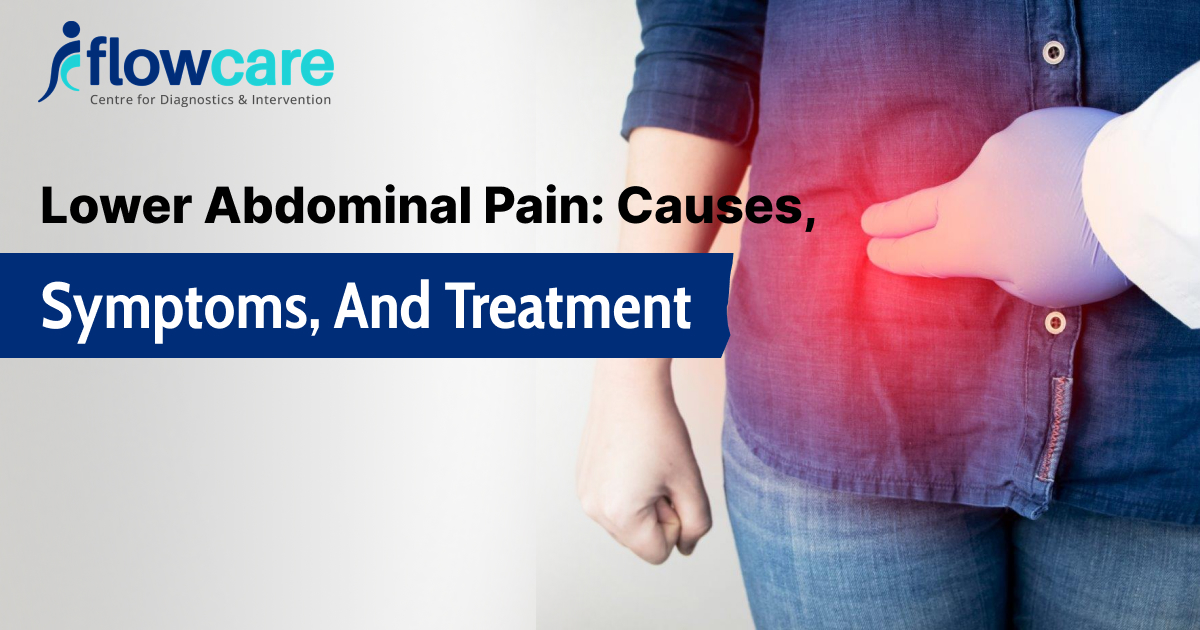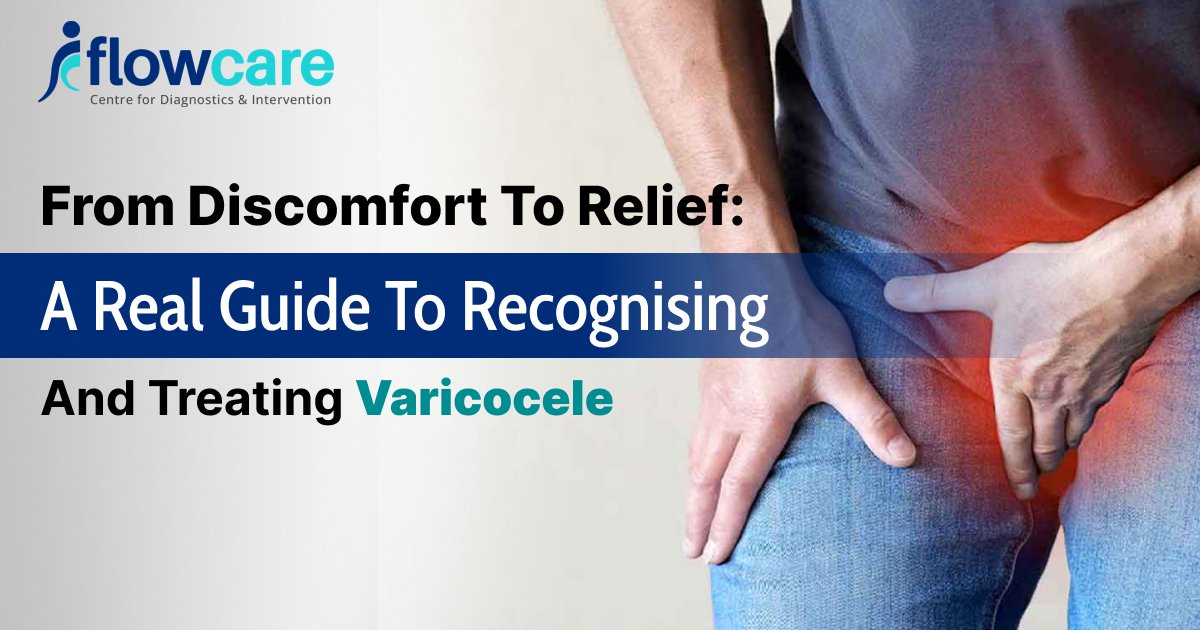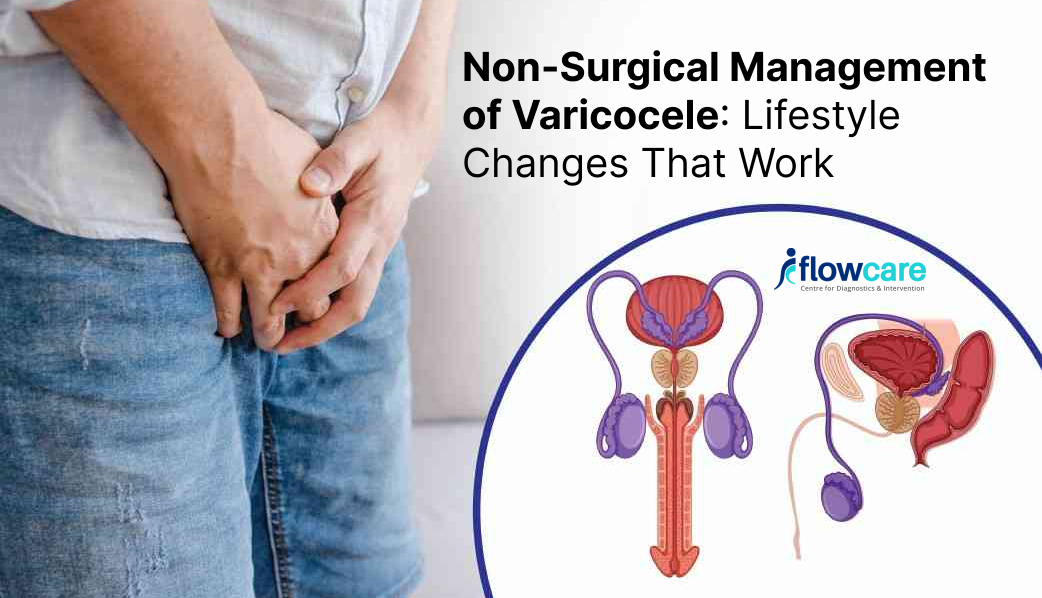
Effective Treatment for Skin Ulcers: Managing Venous Ulcer Disease
Skin sores or ulcers, especially on the legs, are painful and long-lasting for many people, causing not just physical discomfort but also emotional distress as they struggle with the impact on their daily lives.
Leg ulcers such as venous ulcers are lesions which occur when valves of veins are not working properly. These ulcers commonly occur around the ankle area and usually heal slowly. In today’s medical world, there are multiple treatments available for venous ulcers. However, understanding how to treat and manage venous ulcer disease properly is very important for increasing quality of life and avoiding future issues.
Comprehensive of Venous Ulcer Disease
Venous ulcers appear when the veins valves in the legs do not effectively return blood to the heart. Chronic venous insufficiency causes increased pressure in the veins. Over time, this consistent pressure can harm the skin and tissues, resulting in ulcers. The venous ulcer symptoms include swelling, aching, and discolouration surrounding the afflicted region. Age, obesity, a history of deep vein thrombosis, and extended standing or sitting are all risk factors for developing venous ulcers.
Effective Treatment Strategies
The treatment of venous ulcer disease requires a mix of medication therapies, lifestyle changes, and good wound care. Over the period, the medical world has developed various treatment options including compression therapy, wound care and many more. Let’s explore:

Compression Therapy
On the list of available treatments, compression therapy tops the list. It is a highly successful treatment for venous ulcers.
- Under this alternative, the patient wears specially customized compression bandages or stockings.
- This improves blood flow and reduces pain which heals the ulcer fasten.
- Compression stockings are available in multiple varieties, and your doctor can prescribe the best option by examining your condition.
Wound Care
Another therapy suitable for ulcers is wound care as venous ulcers require proper wound care to heal.
- This includes cleansing the ulcer, using proper bandages, and keeping the area safe from further harm.
- Dressings keep the wound wet, which promotes healing and protects against infection.
- Change dressings regularly and follow your healthcare provider’s advice.
Medications
In some but rare circumstances, drugs may be used to treat venous ulcers.
- Antibiotics are prescribed if an infection is present. Also, the drugs enhance blood flow or relieve pain and inflammation.
- Always take your medications exactly as recommended.
Lifestyle Changes
- Making lifestyle changes can have a substantial influence on the treatment of venous ulcer disease.
- Maintaining a healthy weight, and exercising frequently, improve circulation and relieve strain on your veins.
- Avoiding prolonged standing or sitting might also be useful.
Diet Change
- To get the best result, along with lifestyle changes, a high fiber diet is also necessary.
- You can include leafy greens, vegetables, broccoli, oats and rice to it.
- Try to stay hydrated throughout the day
- Avoid fast food, oily food and highly salty food.
Surgery Interventions
- Surgery intervention includes foam sclerotherapy, ablation therapy like laser, RFA or microwave and venaseal therapy. However, minimally invasive operations are required for certain cases to address specific vein problems.
- This improves blood flow and reduces the risk of recurring ulcers.
- Your doctor can advise you on the best minimally invasive solutions for your unique problem.
Preventing Recurrence
Preventing venous ulcer recurrence is an important part of therapy. Here are some tips that enable you to prevent this issue at an earlier stage:
Regular Use of Compression Stockings
You can wear compression stockings on a regular basis. It can help prevent venous ulcers from recurring. But wear them as instructed, especially during activities that require extended standing or sitting.
Healthy lifestyle choices
You can maintain a healthy lifestyle by remaining active, eating a well-balanced diet, and controlling your weight. These practices might boost general circulation and relieve strain on your veins.
Regular Checkups
It is highly recommended to schedule frequent check-ups with your doctor to keep track of your health and treat any problems as soon as possible. Early attention can save minor issues from turning into significant consequences.
Skin Care
You should keep your legs’ skin clean and moisturised to avoid dryness and cracking, which can result in ulcers. Avoid using strong soaps and hot water, since these can further dry out the skin.
Conclusion
To sum up, venous ulcer disease requires a strategy that involves various therapies, lifestyle modifications, and good wound care. Individuals suffering from venous ulcers can enhance their quality of life, facilitate healing, and avoid future occurrences by using these techniques. If you feel you have a venous ulcer, get medical help to get the right treatment.
To get the best treatment, book your appointment at the Flowcare Centre for Diagnostic and Intervention. Here, you will get consultation and assistance from Dr. Rajendra Bansal. With 12+ years of experience in the field, Dr. Rajendra Bansal delivers effective results with minimal discomfort and downtime.






